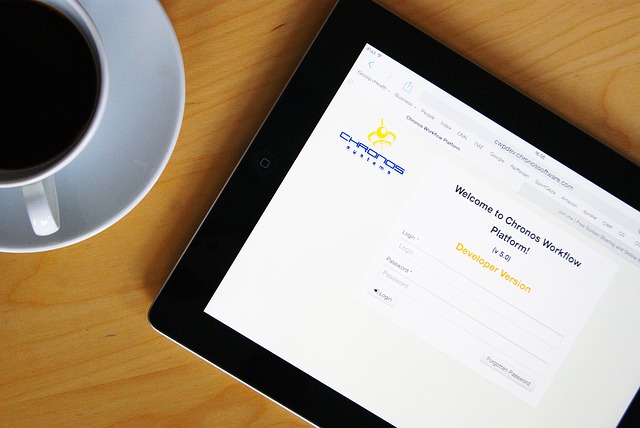Receipts and Invoices – is the paperless office the way forward ?

This month I would like to talk about how long you are required to keep receipts, invoices and paperwork, and the best ways to keep this documentation.
The general rule from the Australian Taxation Office is any records used to prepare an activity statement need to be kept for a minimum of 4 years from the date the activity statement was lodged, or up to a period of 5 years from the date of the transaction. These documents can be hard copy or digital copy, but must be legible and in a readily accessible form – even after 5 years.
But keeping things for 5 years can mount up. Papers, folders, filing cabinets, storage space, readability of receipts – so is a move towards the paperless office inevitable?
How does one go about becoming paperless, whilst still abiding by the rules and regulations for record keeping? Here are my tips and tricks:
- Setup a Dropbox account. Not only is this a great way to share documents in the cloud and access your documents from any computer anywhere, but it is a great way to create folders for each period or financial year. You can store documents, copies of activity statements lodged, receipts and invoices.
- Check to see if your accounting system has the ability to attach documents/files to the invoice entries. Some online programs, such as Xero, allow you to attach pdf documents to entries, and then you won’t have to also keep the physical paper copy.
- Look at using an application for your smart phone that will help with all those pesky petty cash receipts. These are the receipts that often go missing or become illegible due to the paper they are printed on. Apps like Expensify + Shoeboxed can help with this.
- Setup a filing system within your computer so that when invoices are received via email or online you can simply enter them into your accounting system and save them in your directory and no printing is required. Ensure you create a directory system that is memorable and meaningful. Remember – whatever you save now, you might have to find in 4 years time.
- Ensure you are keeping only the documents you need. You need to keep valid invoices and EFT receipts are not valid invoices as they don’t show which items were purchased. Don’t waste time and effort keeping things that are not required. Remember, no receipt = no claim.
- Have a backup system in place. Either an external hard drive or a cloud based backup program and ensure the backups are done regularly.
That’s fine … but you still have to be organized. Reports, activity statements and substantiating source documents can be kept in folders or cabinets – you will just need ample storage space.
And lastly – if you use an accountant or BAS agent to lodge you activity statements, be clear on where the responsibility lies in keeping the source documents.
Nobody wants an audit from the ATO, but being organized now will save you HOURS of lost time down the track.
